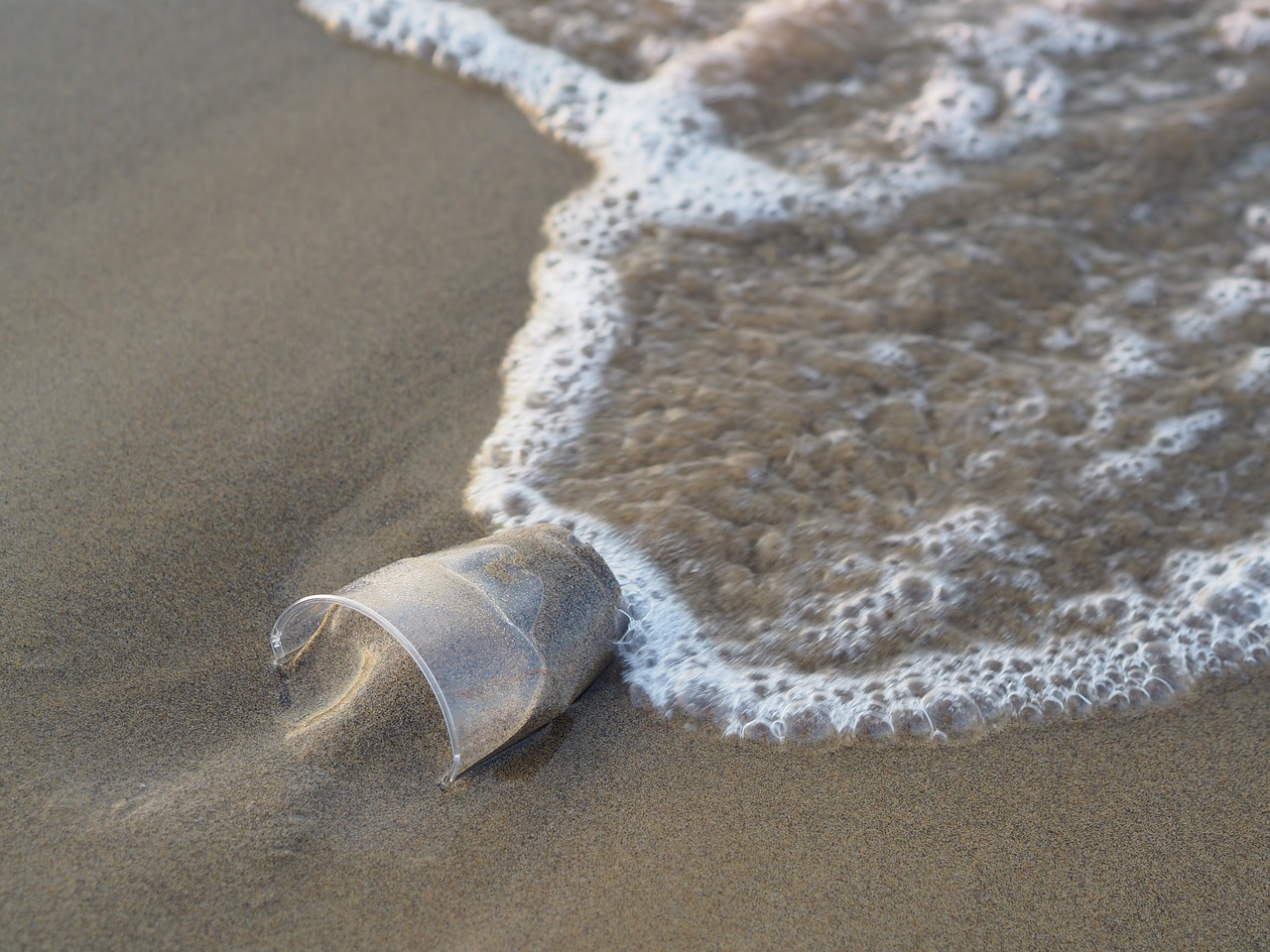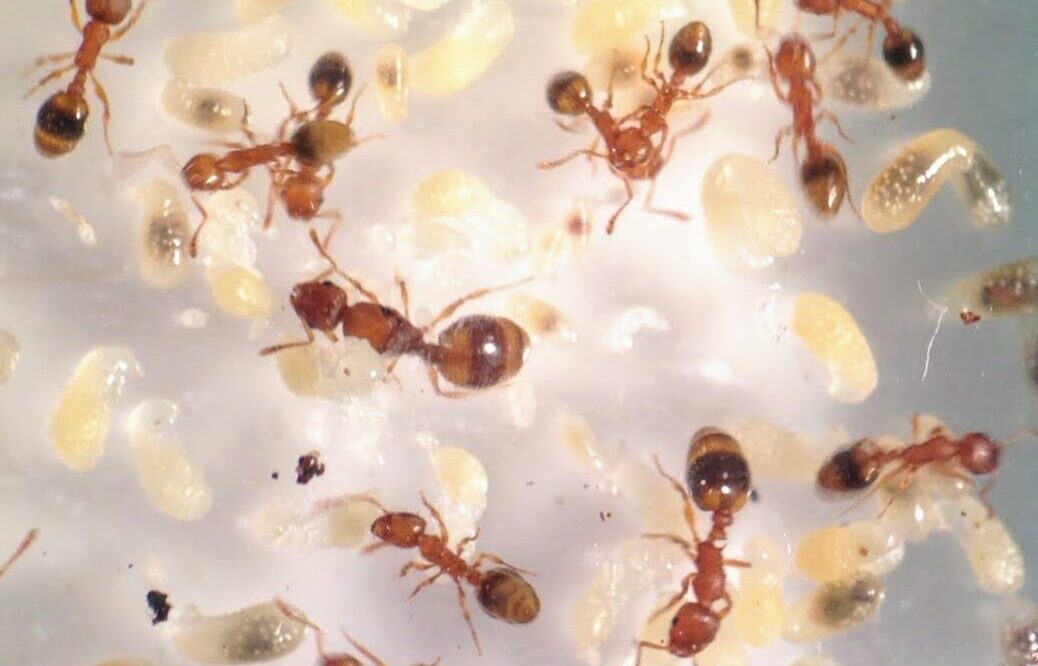In Ottawa, negotiations aimed at signing an international treaty limiting plastic pollution moved in the right direction during a penultimate cycle, which ended Tuesday April 30. A summit placed under the aegis of the United Nations and attended by Marie-France Dignac and Jean-François Ghiglione, two researchers at Sorbonne University. The establishment is the first French university to be accredited by the United Nations Environment Program, allowing it to take part in international negotiations.








